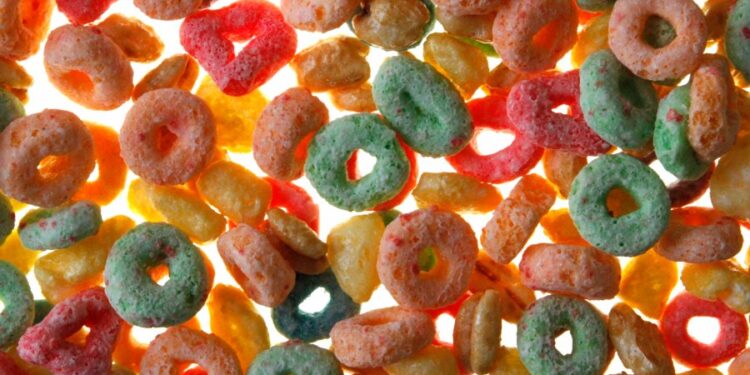(NewsNation) — West Virginia passed a bill this week to ban artificial food dyes, beginning first with food in schools.
West Virginia is one of the nation’s unhealthiest states by a number of metrics, yet it became the first state to ban artificial food dyes used to make brightly colored cereals, drinks and candies.
The ban will go into effect first for food given to school children as part of the state’s lunch program, with a wider ban starting in 2028.
Food activists point to research linking some dyes to hyperactivity and attention problems in some kids and potential links to cancer in laboratory animals.
Critics also say the bright-colored dyes entice kids to eat more sugary, ultra-processed foods linked to obesity.
Gov. Patrick Morrisey, a Republican who signed this bill into law, points to West Virginia’s high rates of obesity, heart disease and diabetes and concerns for kids with ADHD.
The governor said he’s proud to lead the way, echoing Health and Human Services Secretary Robert F. Kennedy Jr., saying the state of the country’s food supply is a national emergency.
“We have to clean up the food. We really do,” he said at an event. “Let’s start with no more dyes and dangerous additives in the schools. … Our kids deserve better, and now they’re going to get it.”
American Beverage, a trade group that represents a lot of the nation’s leading nonalcoholic beverage companies, is against the ban.
“This proposal will dramatically limit consumer freedom of choice, raise grocery prices and impose costly new mandates on businesses,” the group said in a statement on March 24.
Lawmakers in more than 20 states from deep red West Virginia to liberal California are, to some degree, making a bipartisan push to restrict access to the dyes.
In many cases, big food companies already have recipes for products under the same name because Australia, Japan and countries in the European Union, for example, have already heavily restricted some food additives in more of a stringent fashion than in the U.S.







